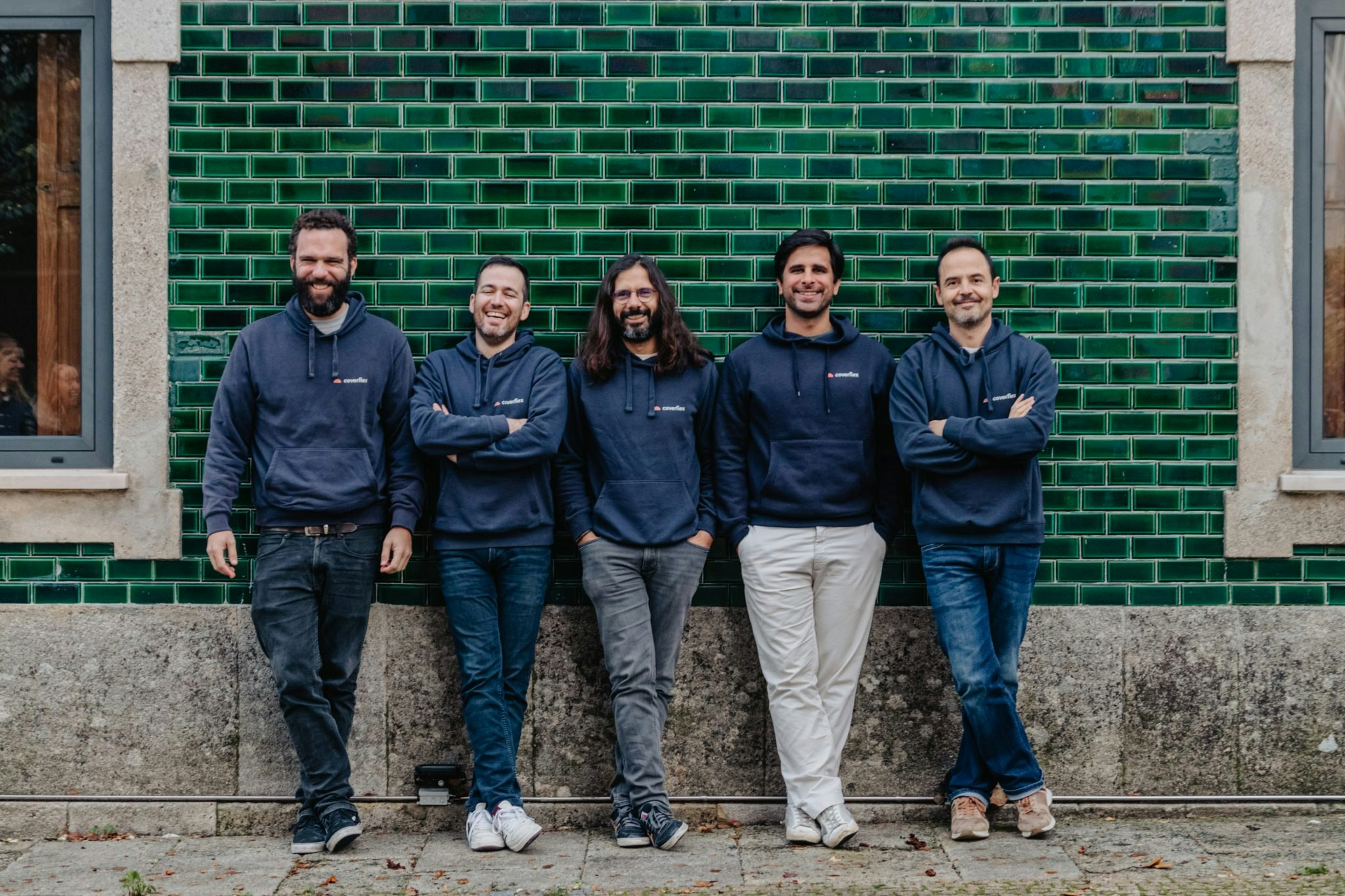Want to know what’s really going on behind the scenes at a startup? Don’t speak to the founder, or their partner, or their mum. Speak to their coach, as many more founders are opening their eyes up to startup coaching and ‘entrepreneurial’ coaches.
Word is out on the grapevine, and founders and investors are increasingly recommending coaching to one another.
“Startups are so chaotic – there’s a lot of anxiety around loss of structure, and a lot of people really do struggle with that,” says Kristina Barger, a cognitive scientist who coaches several founders in London. “If you’re at a corporate, or at school, you have clear goals, clear objectives. When you’re building something from scratch, you have no idea. That’s very stressful.”

Exactly what an ‘entrepreneurial coach’ can offer varies from person to person; some founders use coaches for pitching advice, others for managing stress, or work-life balance. Yet Barger says that sessions almost always come back to one key thing: imposing some structure.
“It seems antithetical to startups, where everyone wants flexibility,” she says – but her sessions often start with adding some structure to the work day, making decisions and working on clear communications. “It’s about sitting down once a week, saying ‘What are the top priorities? Who’s doing what?’,” says Barger. “It sounds really dumb, but they just don’t do it. There’s a lot of overlap, people working on one thing and not communicating about it. Dividing who has authority can be a real issue.”
Getting the best from the team comes up again and again
Cheryl Clements, who specialises in startup coaching, finds that she’s often helping founders manage relationships. “Especially with co-founders, things like different working styles or practical inequalities – such as if someone has a bigger share – can, over time, become quite toxic.”
“Getting the best from the team comes up again and again,” she adds. “The pace is fast, and founders are often hiring people who haven’t necessarily done a job before. People will need to move quickly, and founders can find it hard to understand why people can’t just get stuff.”
Founders tend to work with coaches for relatively short periods of time. “Startups don’t have a lot of time or money; [coaching] has to be short and focused,” says Barger, who works with most of her clients for around five to seven sessions. Clements aims for fortnightly sessions with her clients; she says it’s important to have “momentum”. Most founders will be looking at sessions costing upwards of £200 per hour – some cover the cost themselves, others take it out of the business. “No-one I know has had an investor question that,” says Clements.
Startups don’t have a lot of time or money; [coaching] has to be short and focused
Investors are, however, increasingly offering startup coaching support to founders in their networks. Barger herself works with the Zinc accelerator in London, where she coaches three founders on a weekly basis, for the duration of the nine-month programme. Well-known investors such as Index and Local Globe also recommend coaching to founders in their portfolio, and some members’ clubs and co-working spaces – such as the women-only AllBright club in London – run group sessions with coaches.
Promotion from investors is both helping raise awareness of coaching as a valuable service, and removing any stigma around it. “When VCs are saying, ‘get coaching,’ it’s seen as a tool in a founder’s repertoire,” says Clements. She adds that some founders see that many successful people (often in the US) have coaches, and think “‘I’m a successful person, I should have a coach’.” They realise that it’s a way to become better at what they do, faster.
“Some people see it as a good thing: ‘I’m getting extra help, doing the best’,” says Barger. “Other people feel a little more cautious about it.” Barger says women are more likely to come to her for help with “softer issues” and negotiation; men are more easily sold on help with communication or business strategies.
“Having a coach in London now is like having a therapist in New York,” Barger adds. “You might not tell everyone that you have one, but you’re a little bit proud of it.”
Having a coach in London now is like having a therapist in New York. You might not tell everyone that you have one, but you’re a little bit proud of it.
Startup coaching is, however, still relatively unheard of. Ching-Yun Huang, a marketing consultant turned coach, decided to set up a platform to connect coaches with clients in June last year. However, she ran into a problem: “Five months into building the business, I realised that the supply and demand of coaching is completely out of balance; there are a lot of coaches out there, but the number of people who know enough about coaching or happen to know someone who has been coached is actually quite limited.”
“Most people I’ve spoken to or coached myself work in consultancy firms or big accountancy or banking or have been through business school and know about coaching through that. Otherwise, it’s just not something that many people know about, and don’t know why they need it.”
For founders who do think they need coaching, Clements says it’s best to ask your network for recommendations. If that comes up short, look for coaches who are invited to events you attend, or who hold sessions at workspaces or members club you’re a part of. “Go to the event, and see if they’re a good fit,” she says. “Chemistry is important – you have to want to spend time with this person."


